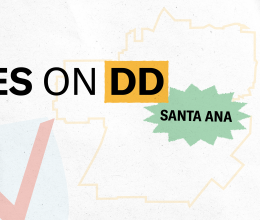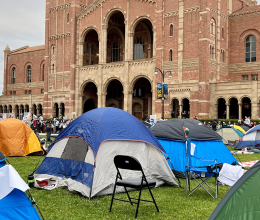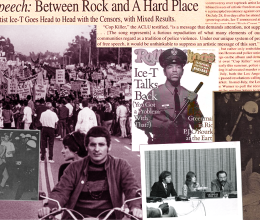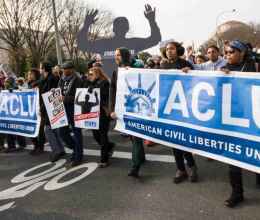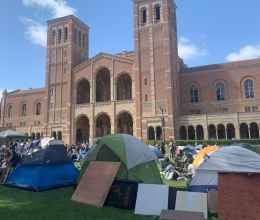BAKERSFIELD - In a letter sent today to city officials in Kern County, California, the American Civil Liberties Union said it may take legal action if officials do not remove Internet filtering software from public library computers within 10 days.
The ACLU said that the software installed by the county blocks access to a wide range of socially valuable, constitutionally protected speech on the Internet. The county library system provides at least 50 computer terminals in more than 25 library branches.
"We have been negotiating in good faith with Kern County since last August to try to resolve constitutional problems with the Internet filtering software they are using," said ACLU National Staff Attorney Ann Beeson, who signed the letter to county officials on behalf of the national ACLU and the ACLU's of Northern and Southern California.
"The time has come for Kern County to realize that there is simply no way for a software program to make legal distinctions between protected and unprotected speech," Beeson concluded.
The controversy began in July 1996, after the Kern County Board of Supervisors passed a resolution to block online material defined as "harmful to minors" under California state law. Upon learning that the board's solution involved installation of a filtering program called "Bess," the ACLU contacted officials to advise them of the free speech problems with this approach.
Although the developers of the Bess software had earlier informed the board that "we cannot customize [the software] to filter `harmful material' by web site as defined in California Penal Code Section 313," the board went ahead with the program. Only after hearing from the ACLU did the board go back to the makers of Bess and ask unsuccessfully that the company "refine" the software.
"We continue to hope that this issue can be resolved without litigation, but we are prepared to go to federal court to protect the free speech rights of library patrons and Internet speakers," said Peter Eliasberg, an attorney with the ACLU of Southern California.
"Frankly, we are surprised at the Board's action," he added. "As the American Library Association has long recognized, libraries should be in the business of providing information of all kinds, not censoring it."
In its letter to the county, the ACLU noted that officials in the city of San Jose and in Santa Clara County, California had recently decided against installing filtering programs on public computer terminals in its libraries.
The issue has drawn cities across the country into a national debate about whether library systems should limit what people can see on the Internet. A library in Loudon County, Virginia is currently facing a legal challenge from local library patrons after adopting a similar Internet blocking policy.
The ACLU is considering an intervention in that lawsuit on behalf of online speakers who are blocked from reaching library patrons, Ann Beeson said.
Ultimately, the library controversy may lead back to a landmark Supreme Court ruling in Reno v. ACLU, striking down a federal Internet censorship law that contemplated restrictions on access to online speech. In its sweeping decision, issued in June 1997, the Court confirmed that the Internet is analogous to books, not broadcast, and is deserving of the highest First Amendment protection.
"Web sites accessed from a library's computer are just like the books on a library's shelves," said Ann Brick, Staff Attorney at the ACLU of Northern California. "The constitution prevents the government from censoring either one."
